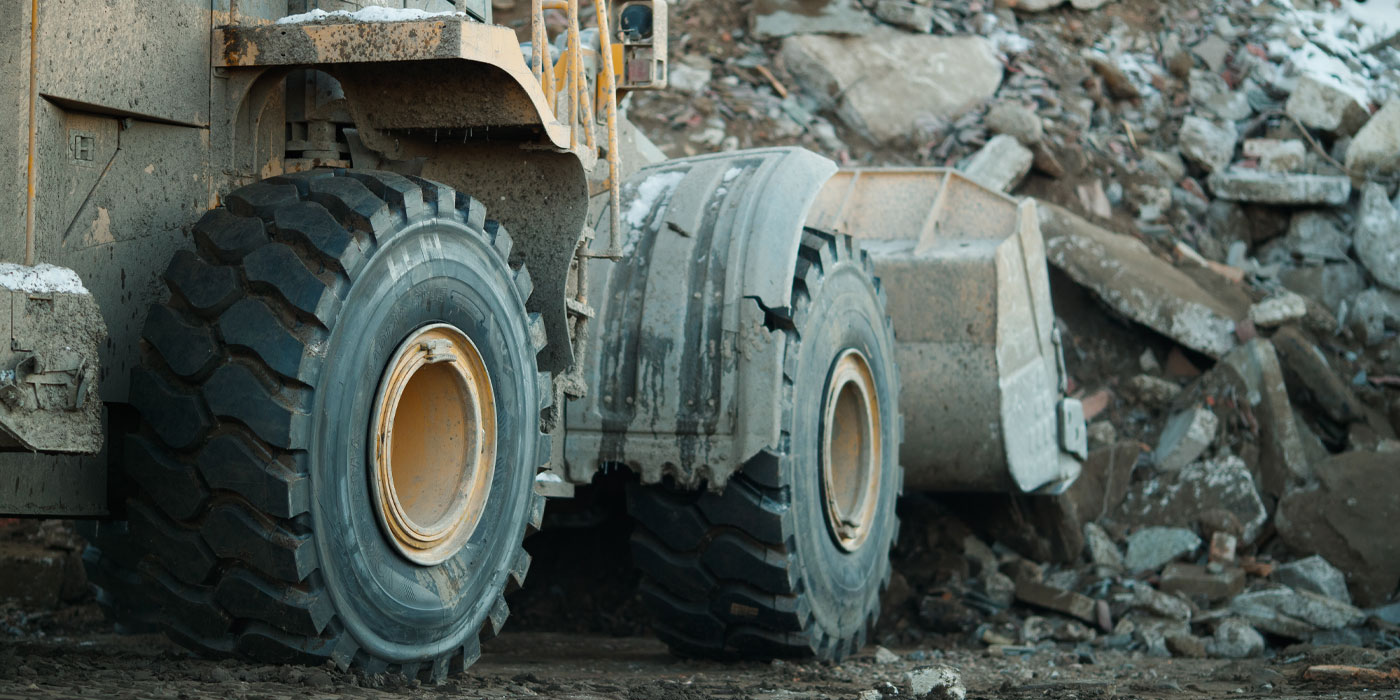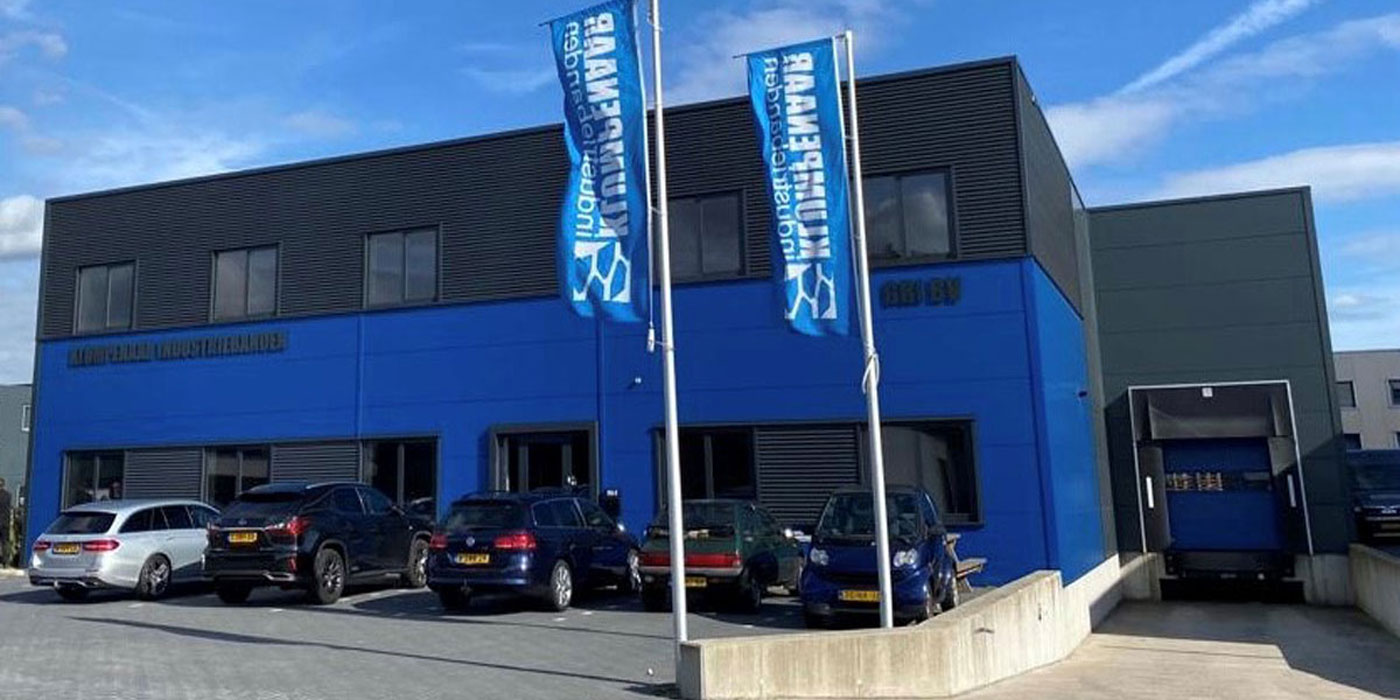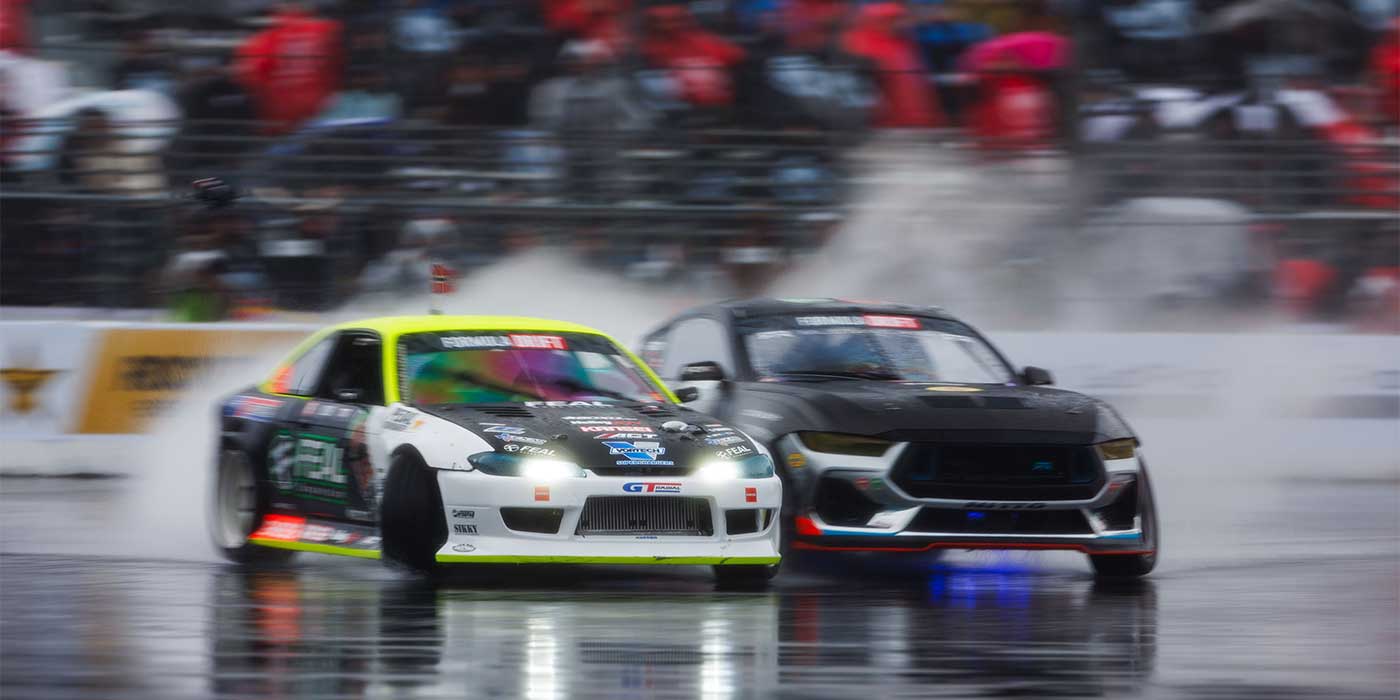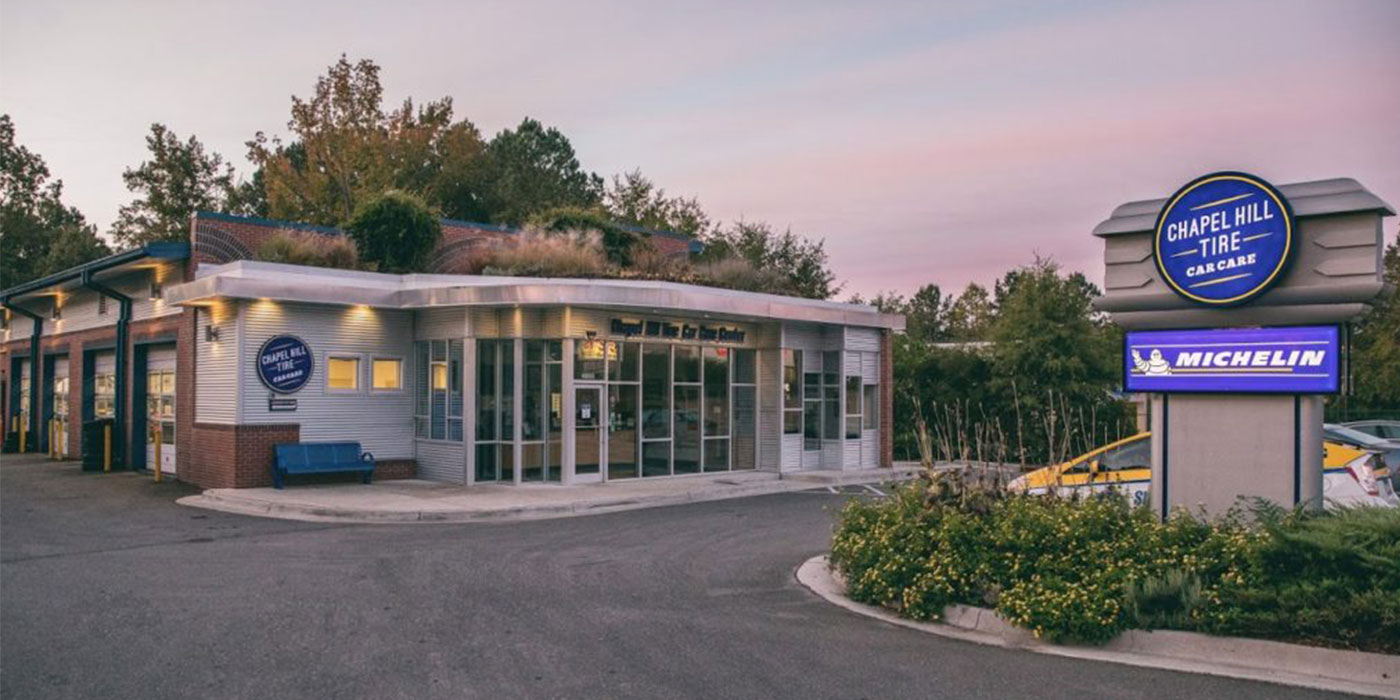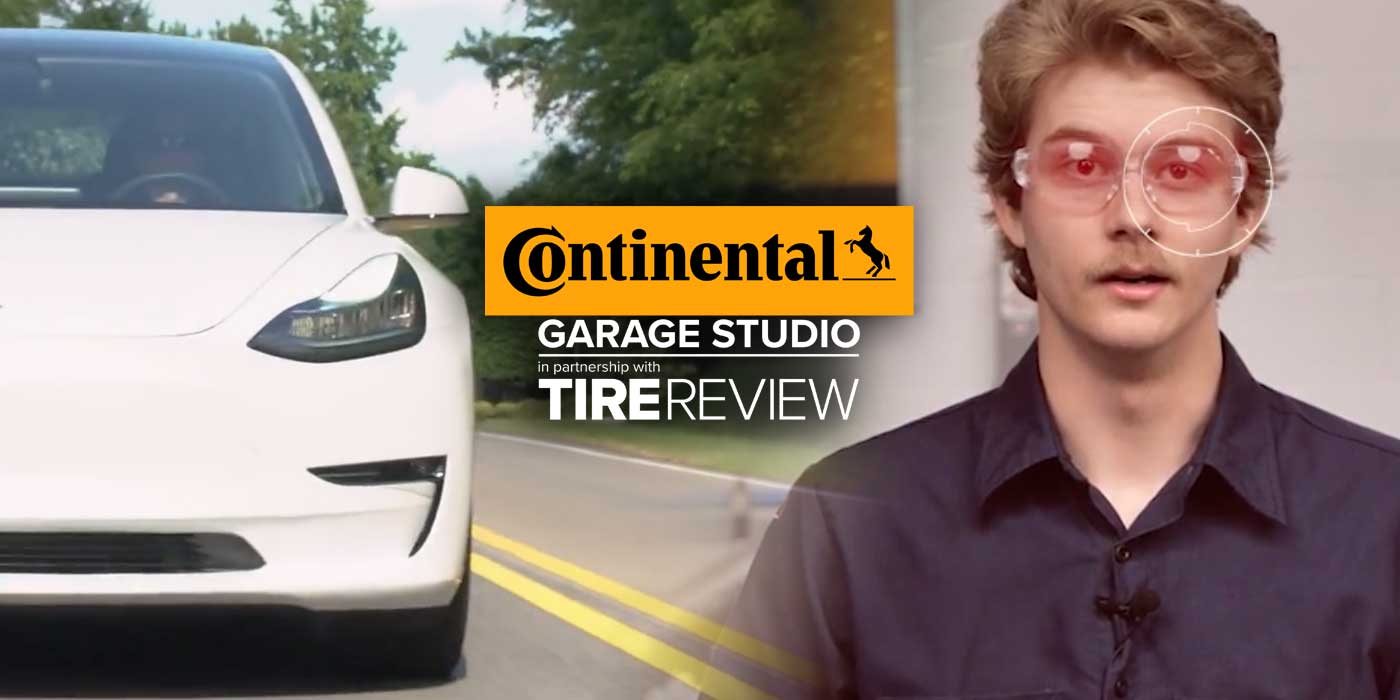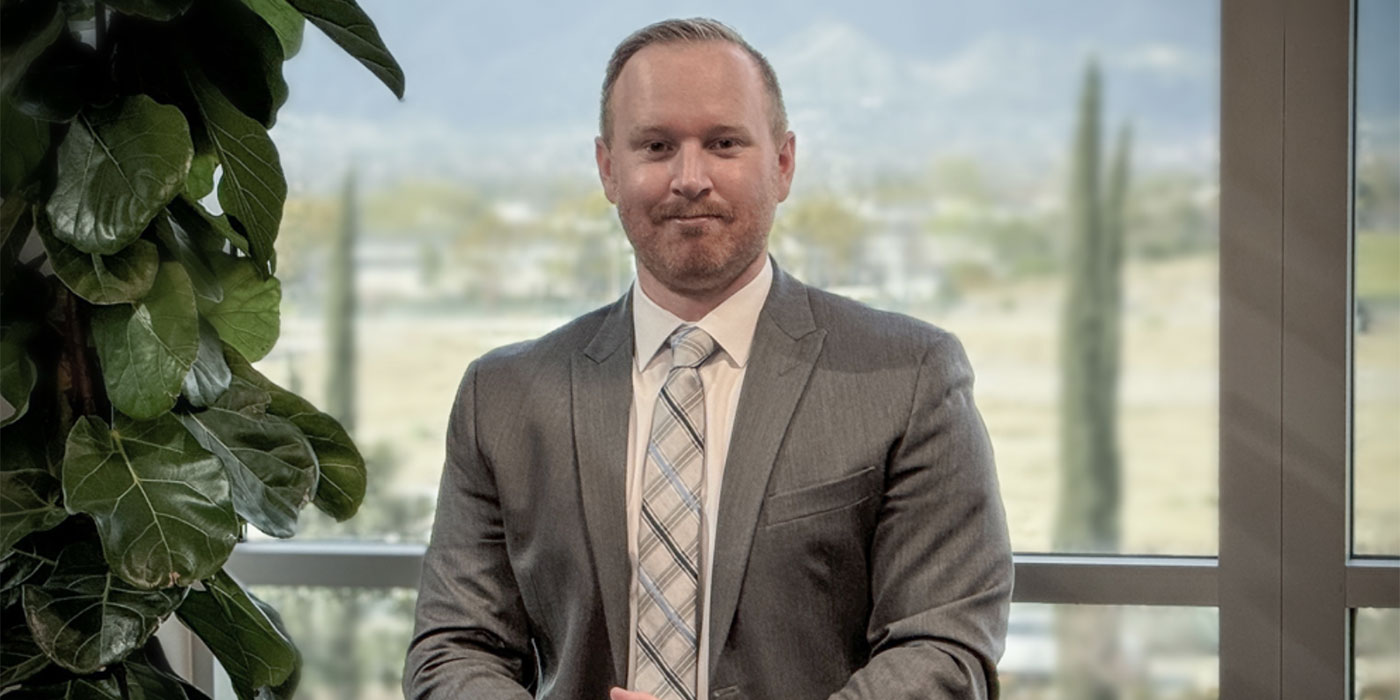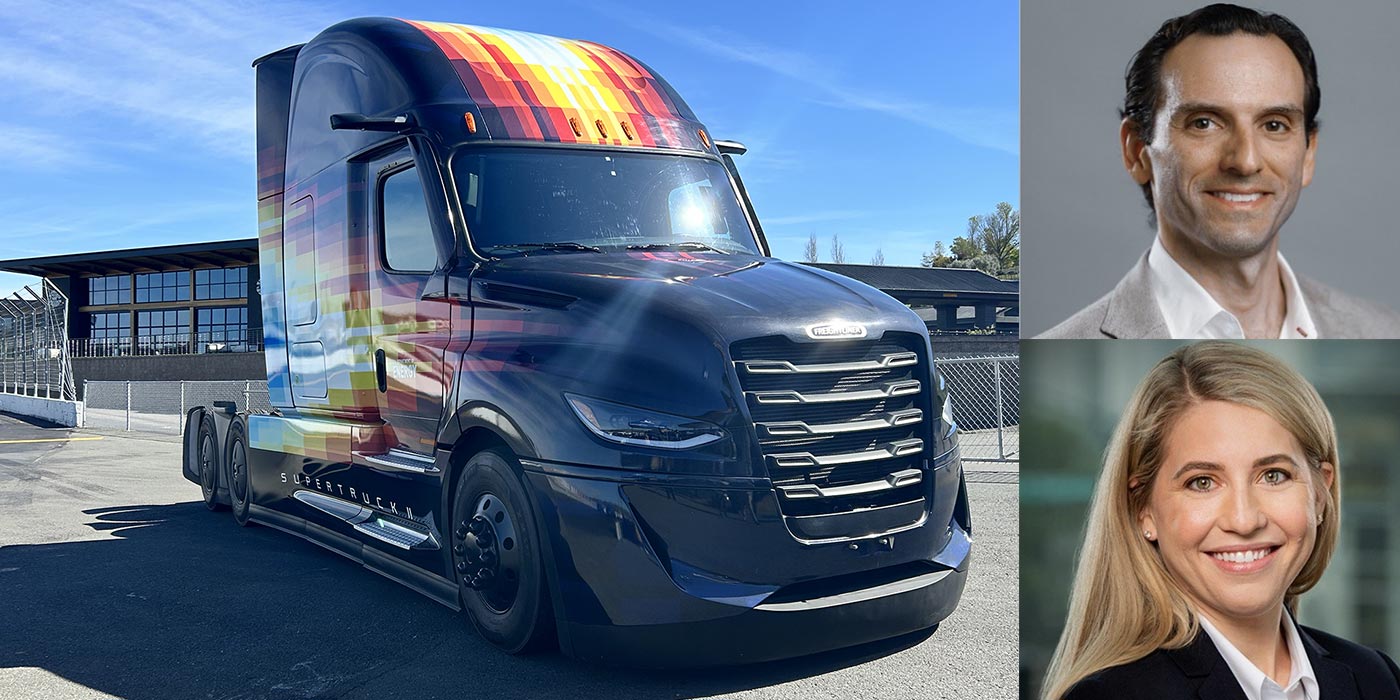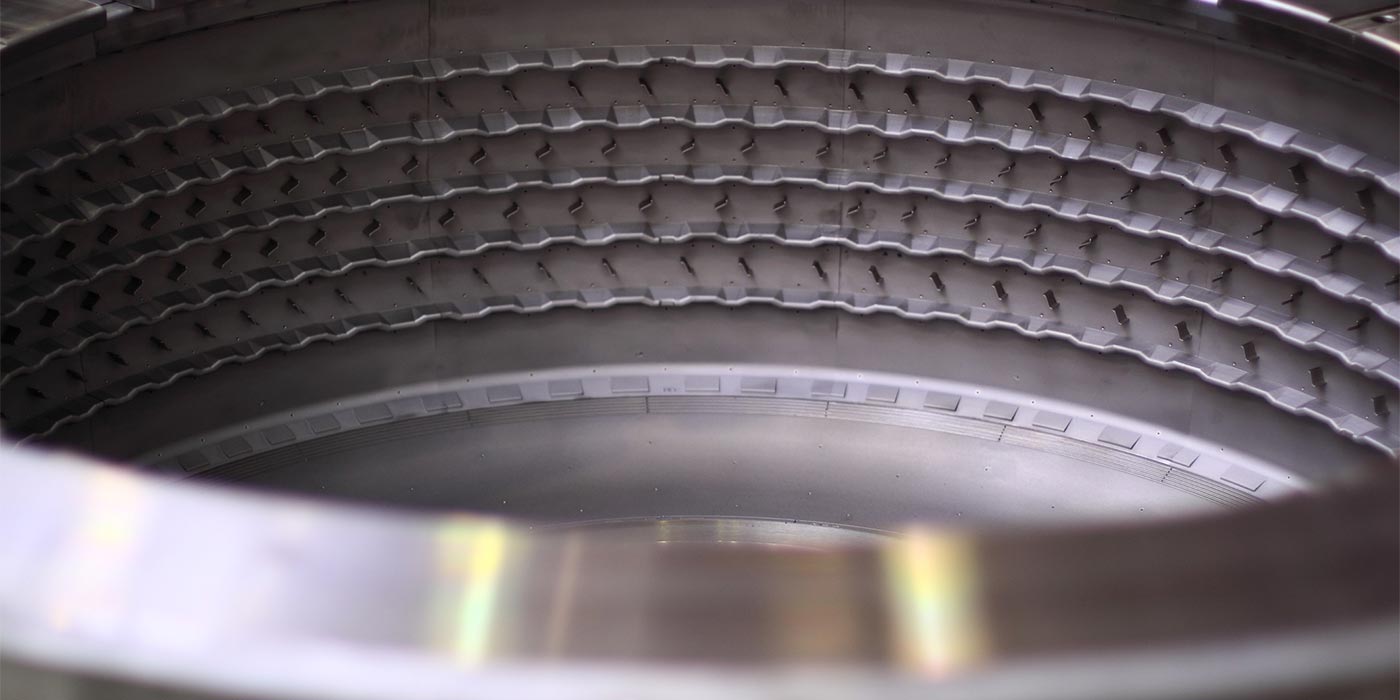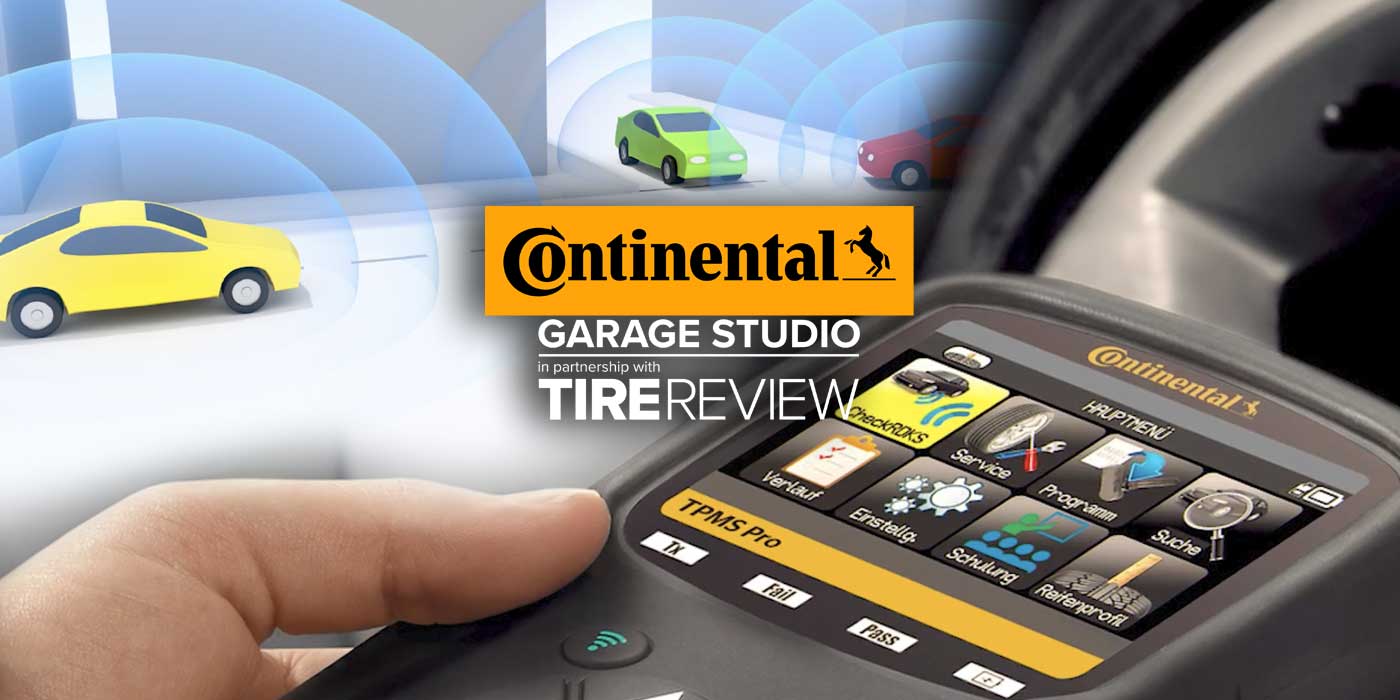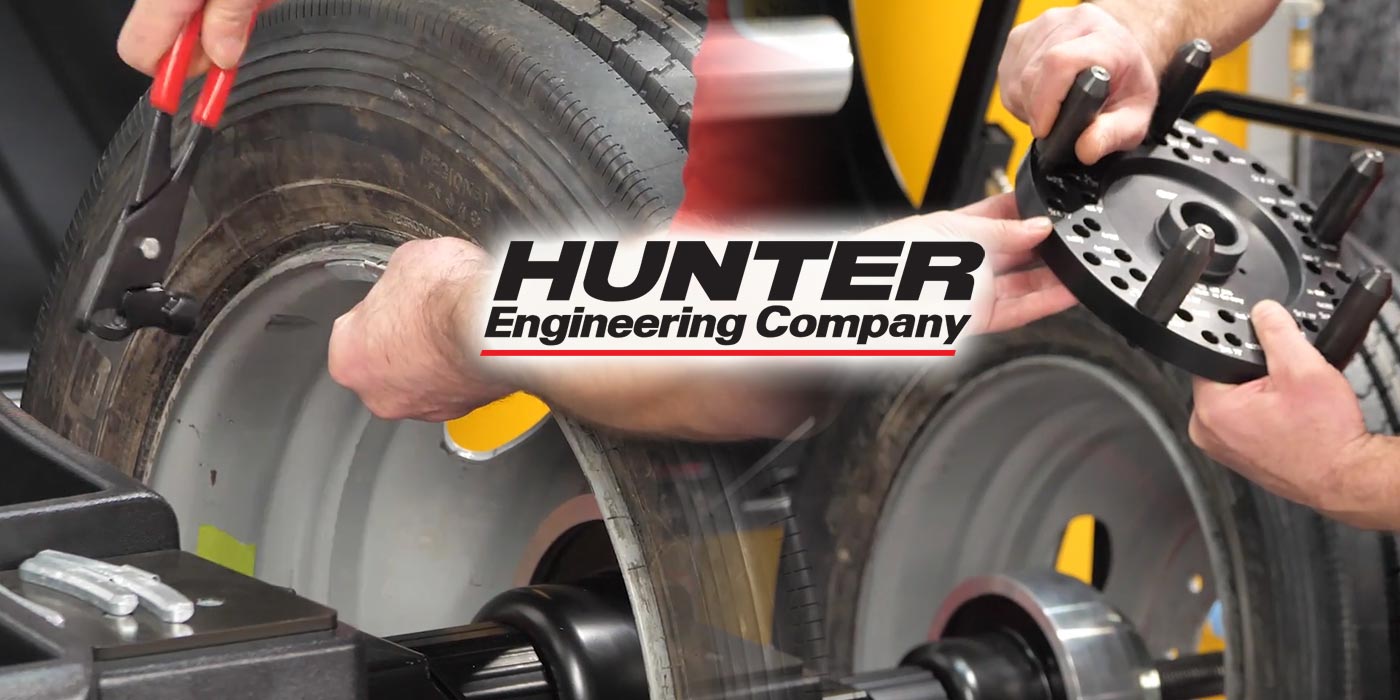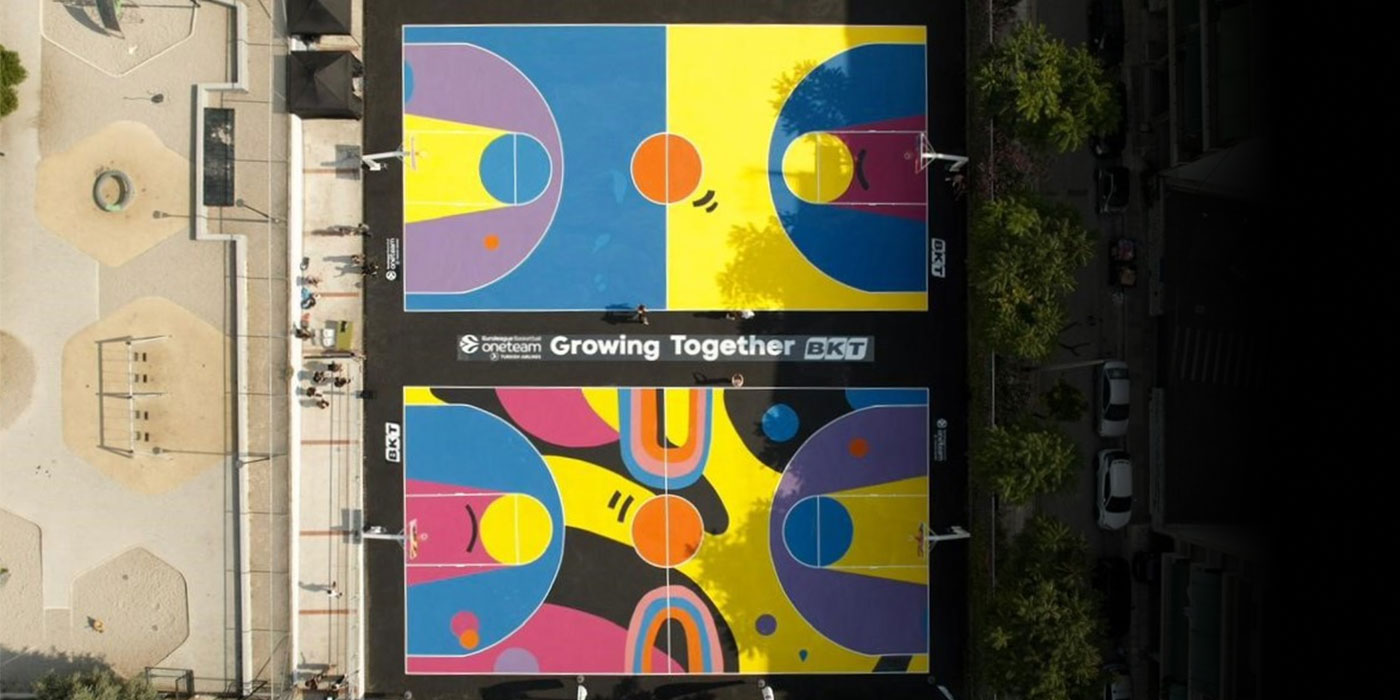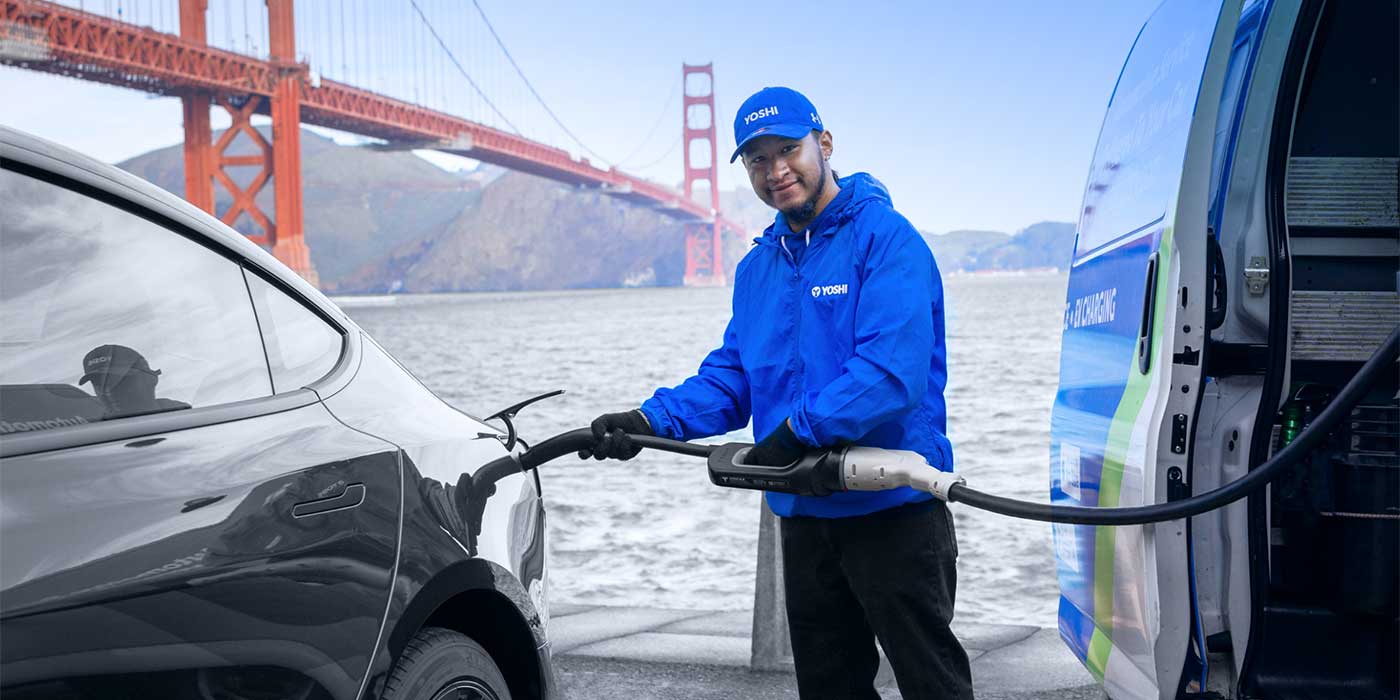“Right now, we are concentrating on making our China operations successful. We will continue serving our customers in Asia from our Shanghai Trading Co. Our business in Australia is strong and growing every day. As we see a product fit in other countries, our China team will capitalise on those opportunities,” asserts Harold Miller, president of the international division of Cooper.
He believes that the distinctive strength of the company is its customers’ preference for Cooper as the easiest company to deal with and a strong management team at the wheel.
China, according to the company, is going to be a big market for tyres as the vehicle sales continue to grow at impressive levels. Early this year, the company acquired 51% ownership of Cooper Chengshan, the country’s third largest tyre manufacturer. Meanwhile, the company has a 50:50 joint venture (JV) plant under construction in Kunshan. This will eventually have a capacity of 10-12 million light-vehicle radial tyres. “All of these tyres will be exported for the first five years of operation and will help us be more competitive in North America and Europe,” says Miller, clarifying the company’s business logic in entering the dragon land.
At the same time, the company’s JV with the Kenda Rubber Industrial Co. Ltd. is all set to commence production by early 2007. The plant will produce about a million tyres in 2007, with production ramping up in 2008 and beyond.
Tracks of Growth
Looking back, Cooper can genuinely be proud of its strides in building up a global tyre empire having eight manufacturing locations and 59 manufacturing, sales, distribution, technical and design facilities across the world producing and selling 45 million units annually. It can also boast of $2.2 billion turnover with a combined annual growth of 8.65% in sales and a significant sales presence in Europe and major focus on North America passenger, light truck and commercial replacement tyre market. “Our success can be attributed to our unique relationship with our customers and quality and value that our products provide,” says Miller.
The U.S. Business
In the U.S. market, the company has about 16% of the lightweight replacement tyre market. “We are more concerned about profitability than increasing marketshare. We will only grow in market share when it adds to our bottom line,” adds Byron Pond, interim CEO of the company. Cooper is presently going ahead with its aggressive plans to restore profitability of the North American unit. “Our new premium touring radial, the Cooper CS4 touring power line, will be launched in early 2007, and this might be one of the best products we have ever produced.” Great expectations indeed.
The company also claims to have the best assortment of tyres available in the industry. The ultimate aim is to make it a full-line supplier, which is important to dealers today. However, the management asserts that “our niche has always been broadline and that will continue to be one of our biggest segments.”
Entry into High End
Then what happened to the company’s initiatives to get a firm foothold in the premium segment? Miller appears to be quite confident about this strategic business decision when he says: “I believe that we are perceived as one of the top brands around the world. Side by side, our tyres can compete with the best brands and we have one of the most comprehensive applications for all segments, including premium,” he said. The idea is to provide the dealers around the world with the right fitment for their product screen with our brand offerings.
Mixed Reactions
There are mixed reactions to Cooper’s aggressive attempts since 2004 to push all Cooper brand products to premium status with an impressive tagline “Don’t give up a thing.” It was a costly decision, and a section of analysts feel “it just costs so much money to enter into the high-performance tyre segment. At this point, they are not competitively priced.”
A leading U.S. dealer is of the view that Cooper was right, though a little late, in entering the premium segment and believes that the focus should have been on its bread-and-butter broadline non-high-performance, basic tyre business. Pointing out the losses incurred by the company for five consecutive quarters, another U.S. dealer says that Cooper should refocus intensely on broadline to return to stability and feels that the campaign to market Cooper as a premium brand has not yielded positive results.
Meanwhile, there are others who believe that there was nothing wrong with Cooper’s strategy and maintain that what went wrong was more with the timing than strategy. Some analysts even point out that it was a necessary move. “I would hate them going back now. Broadline is very important, there is no question about it, but broadline is a shrinking market and will continue to shrink, as the high-performance product lines will continue to dominate.”
Solid Confidence
Every business decision is a challenge and can be disputable. Let us see what the interim CEO Byron Pond has to say. In his written responses published by Rubber & Plastics News recently, he said the firm’s strategy of moving beyond broadline will continue unchanged, adding that demand for broadline tyres has declined rapidly, and that the decline will continue.
“A majority of dealers are positioning Cooper as a major brand and enjoying the profits. Those who aren’t are missing out on a great opportunity,” he says.
Meanwhile, Cooper’s sale of Cooper Standard has also raised some eyebrows.
But Miller has his justifications when he says, “We were at the crossroads in terms of growing our two businesses, and capital was required for both. We decided that the tyre business held the most promise and, as it turns out, it was the right time to sell the automotive business. Just after our sale of Cooper Standard, the automotive business became much tougher.”
To continue with the challenges before Cooper, let us see how the company views the aggressive entry of Asian companies. Miller was frank enough to admit the realities. “Asian imports have been an important influence in the North American and European markets. More than half of the tyres in the replacement market are produced from outside the U.S. We are very conscious of the impact and are actively working to reduce our operating costs so as to keep our tyres competitive in all the markets,” he explains.
Realistic Perceptions
The company also has its own realistic assessments about the global trends in the industry. Referring to the prospects of mergers and acquisitions which the industry is witnessing on a larger scale these days, Miller says, “I wouldn’t be surprised at further consolidation in the industry. Profitability is a mandate and that will drive companies to look at how consolidation makes sense for long-term survival.
Commenting on the increasingly stricter tyre safety regulations, Miller feels that the new regulations, especially the TREAD Act in the U.S., proved very costly for the top manufacturers. In the increasingly global nature of the industry, it would be helpful to have uniform tyre regulations, but without a global industry association, this is difficult to coordinate.
Dealers who import tyres directly to the U.S. should be careful to deal only with manufacturers who meet the U.S. safety standards, he says, adding that, regardless of where they are made, care is taken to see that the tyres meet or exceed safety standards.
Of Replacement Market
Referring to the U.S. replacement market, Miller says that it is at historic low levels with light-vehicle replacement units down by about 6% through August, which, according to him, are due to several factors including high gasoline prices, less miles driven and consumer uncertainty about the overall economy. “However, the good news is that eventually tyres must be replaced so the market will catch up. We just don’t know when this will happen. Our retailers tell us the retail market is still low.”
On the question of interchangeability of natural rubber and synthetic rubber and the implications for the industry of the latest price increase in NR, he says that Cooper can very well use either NR and SR as the economies of each dictate. Natural rubber prices, he points out, have settled down a bit, which is good for the industry.
The Vision
The overall objective of Cooper is to exceed the shareholder’s investment return expectations. This, Miller says, will be accomplished by consistent and profitable growth. On the marketshare of the company, Miller was quite brief, disclosing that all Cooper tyres enjoy 16% replacement light-vehicle marketshare in the U.S. For Cooper’s own brand, that number is about 5%.
Exciting Times Ahead
It is certainly exciting times ahead for Cooper, along with challenges galore. The greatest challenge is perhaps to prove that strategic decisions like Asian forays and focus on premium segment were right and rewarding for its shareholders in the shortest possible time. With its impressive credentials and the confidence, the management team says the future is more than promising for Cooper.

